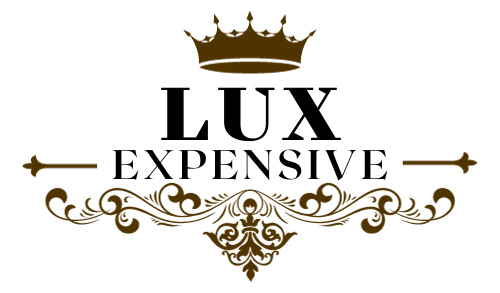Patagonia is so expensive because the company invests heavily in innovation, quality materials, ethical manufacturing, and environmental sustainability. This results in durable, multifunctional products with lots of R&D behind them, but also higher prices passed on to consumers. The brand has also earned strong loyalty among outdoor enthusiasts who will pay a premium for Patagonia's commitment to quality and corporate responsibility.
Patagonia outdoor apparel and gear has a reputation for being high-quality but also expensive. The company was founded in 1973 with a commitment to making durable and multifunctional products for climbers, surfers, and other outdoor enthusiasts. But with quality construction and sustainable practices, Patagonia goods don’t come cheap.
Top 10 Reasons Why Patagonia is So Expensive
1. Investment in Innovation and Design
Patagonia pours resources into developing innovative fabrics and technology to improve the performance of its clothing and gear. From waterproof breathable fabrics to recycled materials, these investments drive up costs. Each product goes through months of testing and refining before release.
2. Ethical Manufacturing and Fair Trade
Patagonia supports fair trade certified factories and partners that provide safe, healthy working environments and fair wages. This involves extra oversight and inspections to ensure ethical practices, adding to production costs.
3. Made in the USA Commitment
Patagonia prides itself on keeping some manufacturing in the US instead of simply outsourcing to cheaper factories abroad. Producing domestically in an eco-friendly way while paying workers well raises prices.
4. High-Quality Materials
From durable water-repellant coatings to reinforced stitching, Patagonia clothing is made to last. Premium quality materials from trusted suppliers contribute to the end cost.
5. Simple and Understated Style
Patagonia pieces feature simple, versatile designs focused on utility rather than flashy logos or trends. Development resources go into performance innovation rather than decorative details.
6. Strong Resale Value Because
Patagonia products can endure years of intense use, customers can often resell used items for nearly the original retail price due to high demand. This boosts the overall perceived value.
7. Eco-Friendly Business Practices
Using organic cotton, recycled materials, sustainable dyes, and other green practices adds material and operating costs compared to conventional methods. But that environmental commitment gets passed to consumers.
8. Active Philanthropy
Patagonia donates 1% of total sales each year to grassroots environmental organizations. The money has to come from somewhere—namely, customers supporting those causes through purchases.
9. Limited Production Runs
To avoid overproduction and waste, Patagonia makes fewer units of each item compared to fast fashion brands. But lower economies of scale drive per-unit costs up.
10. Brand Reputation and Loyalty
As a pioneering, mission-driven company, Patagonia has earned outstanding brand loyalty over decades. Its reputation for quality and corporate responsibility means customers will pay premium prices.
Is Patagonia a good brand?
Yes, Patagonia is considered an excellent brand known for durable, high-performance outdoor gear and a strong commitment to environmental sustainability and corporate responsibility.
Are Patagonia jackets good?
With innovative fabrics and quality construction, Patagonia jackets are very good in terms of weather protection, breathability, and durability over years of use.
Are Patagonia products worth the price?
Yes, most outdoor enthusiasts believe Patagonia products like jackets, fleeces, and packs are worth the higher prices thanks to the technical innovation, quality materials, and reliable performance they deliver.
Where to buy Patagonia products?
Patagonia clothing and gear can be purchased directly through Patagonia’s website or retail stores located in many cities, as well as popular outdoor retailers like REI, Backcountry, Moosejaw, and others.

